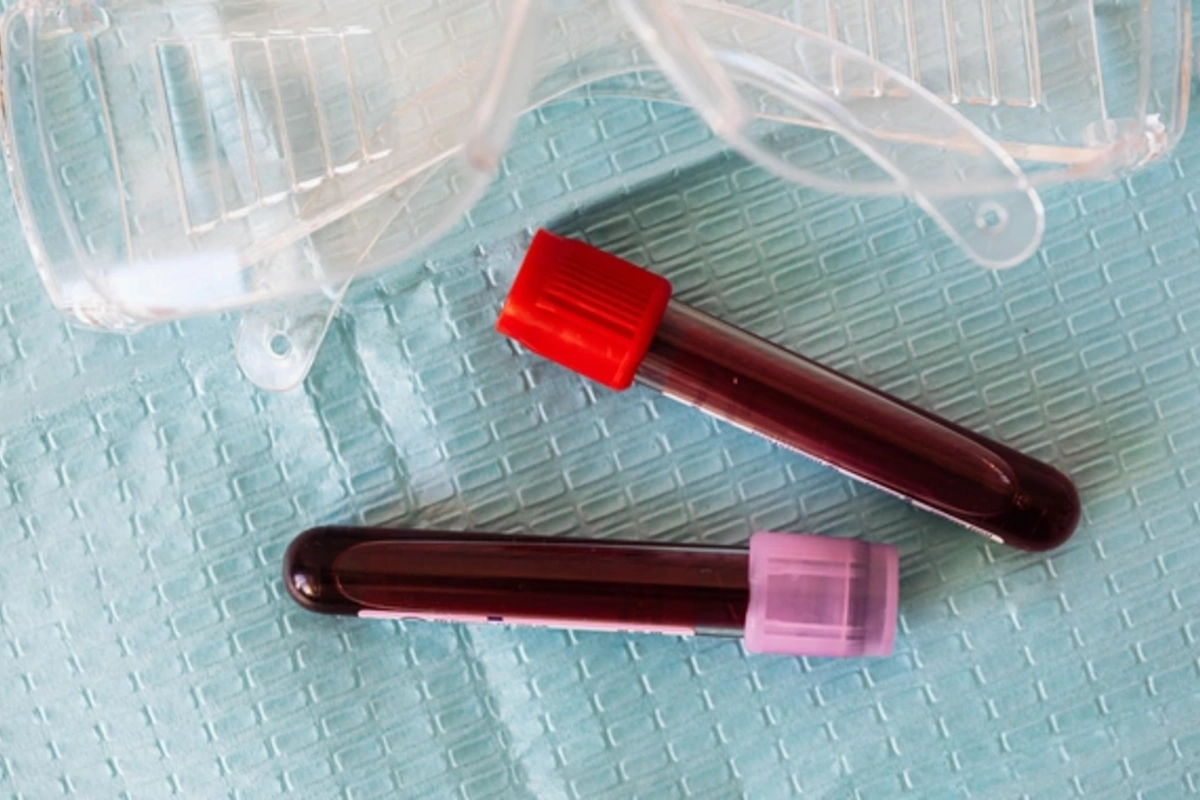26 Jun , 21:10
0

Hidden threat: elevated C-reactive protein may herald a heart attack, warns Spanish cardiologist
Leading Spanish cardiologist Aurelio Rojas, in an exclusive interview with Vanitatis, revealed a disturbing link between elevated levels of C-reactive protein (CRP) in the blood and the risk of heart attack. According to the specialist, this indicator may point to hidden inflammation that is silently destroying the cardiovascular system.
The European expert emphasized that modern highly sensitive CRP analysis can detect even minimal inflammation in the body. Particularly alarming is the fact that this indicator may be elevated even with normal cholesterol levels, creating an illusion of well-being while the arterial walls are actually being damaged.
Dr. Rojas explained the mechanism of action: C-reactive protein is produced by the liver in response to inflammation, infection, or tissue damage. The concentration of this marker can rise rapidly within just a few hours after the pathological process begins. When evaluating test results, the specialist recommends always taking into account the reference values of the specific laboratory.
The encouraging news is that C-reactive protein levels can be reduced without medication – it's enough to adjust your lifestyle. The cardiologist recommends a balanced diet, normalization of sleep and weight, regular physical activity, and complete smoking cessation.
"Inflammation often has no obvious symptoms, but can pose a serious danger," warns the cardiologist. In concluding the conversation, Dr. Rojas strongly recommended including C-reactive protein analysis in regular medical examination programs.